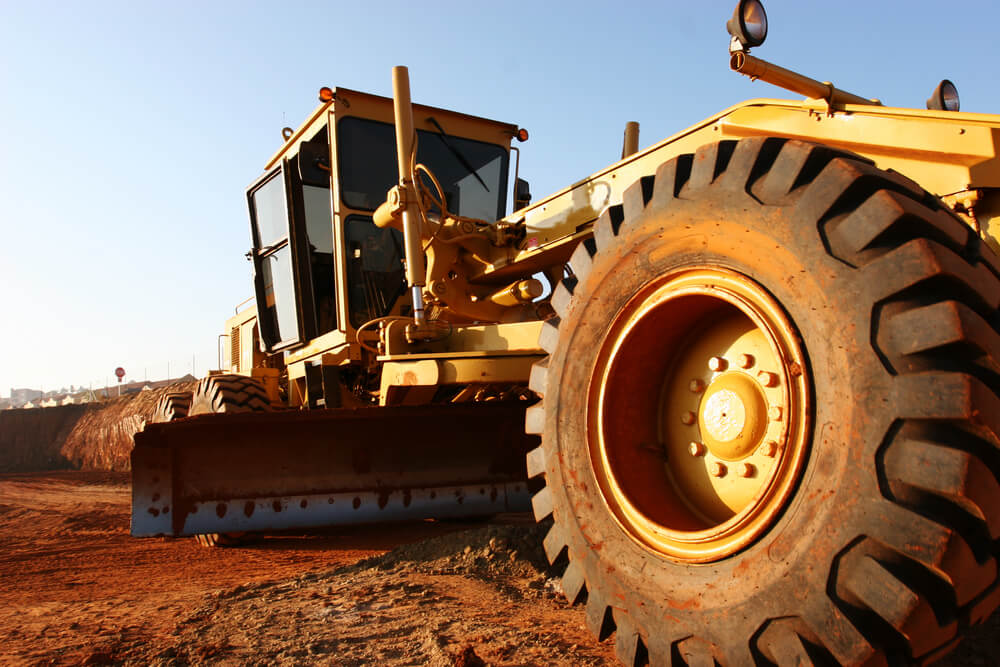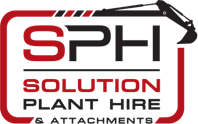
One of the major decisions that construction operations face is whether to buy or hire equipment. Both options come with a variety of advantages for operators, however, finding the best option for your project will depend on the nature of your work, your budget and how much flexibility you need.
Cost
Construction equipment, large or small, typically requires a large initial outlay or financing. You will need to carefully consider the required outlay given your business’s current cash flow and financial situation. As you budget for a potential purchase, you should also consider the added and ongoing costs such as registration fees, storage, maintenance, repairs and accessories.
Other possible costs include loan fees and interest payments. There may also be costs associated with transporting your equipment for use on a remote site, whether you’re hiring or buying. You may find that once you’ve taken into account all associated costs that you’re better off hiring equipment, as this usually involves a one-off fee that covers everything.
Risk
Hiring construction equipment allows you to avoid having to invest a substantial amount of capital into a piece of equipment that you may not get full value out of in the long run. Rather, you are able to pay-as-you-go and for only what you need. Other risks that can be avoided through hire are expenses for repairing faults which are covered by your hire company.
Flexibility and choice
Hiring could give you more flexibility and choice if you don’t have a lot of capital to buy equipment. For one-off projects, it can allow businesses to access the latest, most up-to-date machinery without spending a disproportionate amount of money on equipment to be used only once or that may become obsolete quickly.
Storage space
Storage can be a major issue when it comes to construction machinery. If you don’t have a lot of free storage space to house large pieces of equipment, you might be better off hiring your equipment as once the job is complete the machinery is returned to the hire company.
Immediate usage
If you need to use the machinery immediately, hiring could be the more convenient option as you’ll only need to arrange the hire agreement. Buying, however, would require you to decide on the right piece of equipment to purchase, budget for the costs, arrange storage space, and possibly organise financing if you’re not paying for it outright.
Ongoing or one-off usage
If the machinery is going to be used on an ongoing basis, you might need to buy rather than hire, as you’ll probably end up paying less for the equipment over the long run. However, if you’re working on contract jobs or one-off jobs and you’re unsure whether you’ll end up using the equipment after the job finishes, hiring is probably the better option since it lets you trial different products without commitment. A very general rule of thumb for guidance is that if you’re going to be using the equipment less than 60% of the time, you might be better off hiring.
New markets
If you’re entering into a new market or fulfilling temporary demand with a new project, it’s possible that you’ll end up only using the equipment or machinery for the one job. In this case it could be less risky to hire your machinery rather than to buy. From a risk-management, perspective, you’re less financially exposed for your move into another market and you’ll have more capital for other business functions.
Repairs and maintenance
Owning construction machinery demands that your business has specialist know-how in the areas of repairs and maintenance, along with the financial resources for labour, equipment for repairs, cleaning, testing and maintenance. If you’re buying equipment, this constitutes additional costs associated with ownership.
Once the equipment and machinery is out of the warranty period, the ongoing costs of repair and maintenance can be much higher. You might be able to outsource most if not all of the repairs and maintenance, but this would be another cost of ownership.
On the other hand, if you’re hiring, the hire company will take care of all repairs and maintenance for you, and you won’t need to worry about warranties.
Tax and cash flow
You’ll probably be able to claim tax deductions regardless of whether you’re buying or hiring your machinery, but you’ll need to consider this against other tax implications and the overall impact on your cash flow. Generally, hiring will probably be a more manageable proposition if you’re keeping to tight cash flow controls, but there might be other tax benefits associated with ownership. Discuss the impact with your accountant if you have any doubts.
Ultimately, you’ll want to make sure you have the right machines for your projects and balance your hire or purchase costs against other factors such as flexibility, access, risk, tax implications and cash flow. As long as you plan it carefully and consider all factors mentioned in this article, you should end up with a hire or purchase situation that closely matches your budget and needs.
If you’re interested in hiring your next excavation or construction site equipment, then speak with the experts at Solution Plant Hire today. We’ll assist you with choosing the right tools for the job.




1 thought on “Construction Equipment: Hire vs Buy”
Comments are closed.